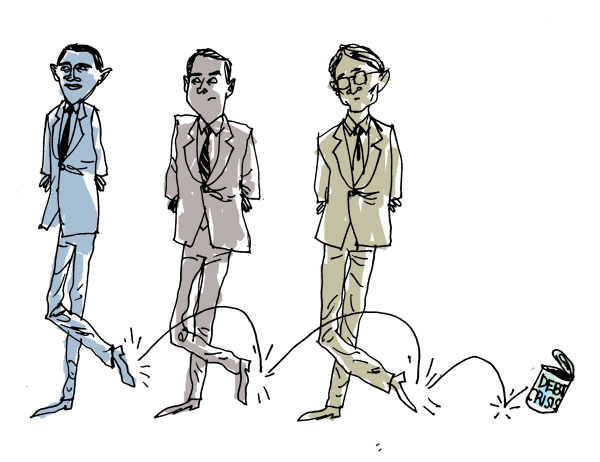It’s Called Hard Work…. not “You’re Just Smart”
Kids are back in school and beginning their routine for success. Many times people will tell a student that gets good grades that they are “just smart” and it comes easily to them.
That is a slap in the face.
People want to be viewed as intelligent. Everyone loves being associated with the adjective smart, and I, in turn, also have complimented others’ intelligences freely. It wasn’t until later that I realized how damaging and invalidating that simple praise could be.
Some people would try to take the hardest class of any subject they were remotely interested in, sacrifice time with friends and family to study and stay up late to get the grade desired. They wanted people to instantly think of “smart” when they thought of them.
As one gets older, however, being called smart no longer makes them feel accomplished, but rather seemed to degrade all their hard work and effort. Although it was meant as a compliment, “smart” became an excuse that described how success was achieved.
“Of course you got an A,” people said about high level classes. “You’re smart.” With that sentence, they discredited all the nights that were put in with only four hours of sleep because of studying. Instead, they attributed the grade to a single trait.
Smart isn’t just an excuse for successes, but also became an attempted condolence when one fails.
Following Stanford professor Carol Dweck’s research on motivation and mindset, the difference between praise for effort and praise for ability is significant. People who are used to their abilities being praised usually experience lower task persistence and enjoyment. They also experience increased negative self-affect and self-cognition.
On the other hand, praise for effort increases task enjoyment and performance. The praised demonstrate greater persistence in face of failure. Improving is more plausible when intelligence is viewed as malleable rather than fixed.
Being known as “smart” no longer flatters but adds on to the pressure felt. People much rather prefer acknowledgement of to their efforts than to the simple, yet destructive, adjective “smart.”



